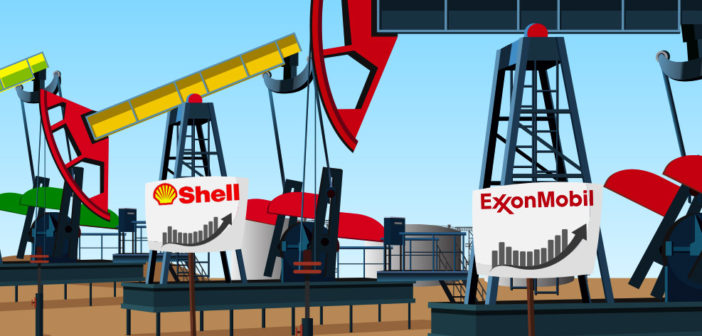Nigeria will clear unpaid bills worth $5.1 billion for oil production joint ventures piled up over many years under a deal signed on Thursday with Shell, Chevron, Total, Eni and Exxon Mobil.
The deal would unlock new investment, Minister State for Petroleum, Dr. Emmanuel Ibe Kachikwu said in a speech at the signing ceremony, adding the repayment would take place over the coming five years.
He said the oil majors had given Nigeria a discount of $1.7 billion, lowering the original amount from $6.8 billion.
The agreement would also ensure that future Nigerian payments to production joint-ventures with oil majors would be paid in time, he told reporters after the signing.
Kachikwu also said that Forcados exports would resume soon, without giving any more precise information. The grade has been under force majeure since February after multiple attacks on the pipelines that carry it to the export terminal.
Nigeria has struggled with debt to oil majors amid the fall in oil prices over the past two years. It has also been hit by output falls from peak production of 2.2 million bpd as a result of persistent militant attacks in the oil-producing Niger Delta.
The Forcados crude stream, with roughly 300,000 bpd, has been under force majeure since February, and in the third quarter production was roughly 1.63 million bpd, according to the country’s statistics office.
The OPEC member nation’s fight to regain oil production enabled it to gain an exemption from a recent deal between the group and other oil producers to cut output to support prices.
“I wouldn’t worry about (non-compliance) issues,” Kachikwu said of the cut plan, adding that “everybody has” the October production figures from which countries agreed to cut.
Kachikwu said Nigeria’s primary goals for 2017 would be to secure “lasting peace” in the Niger Delta, gain external funding for oil investments and improve its oil refining system.
Nigeria’s oil refineries hit peak production for 2016 in October, but it was just 23.53 percent of their capacity, and with output of 210 million litres, only a fraction of the oil products the country needs.
NNPC has been importing as much as 90 percent of gasoline requirements due to a persistent shortage of foreign exchange also brought on in large part by falling oil prices.
Kachikwu said that while queues at petrol stations are gone, “there are still foreign exchange issues.”




